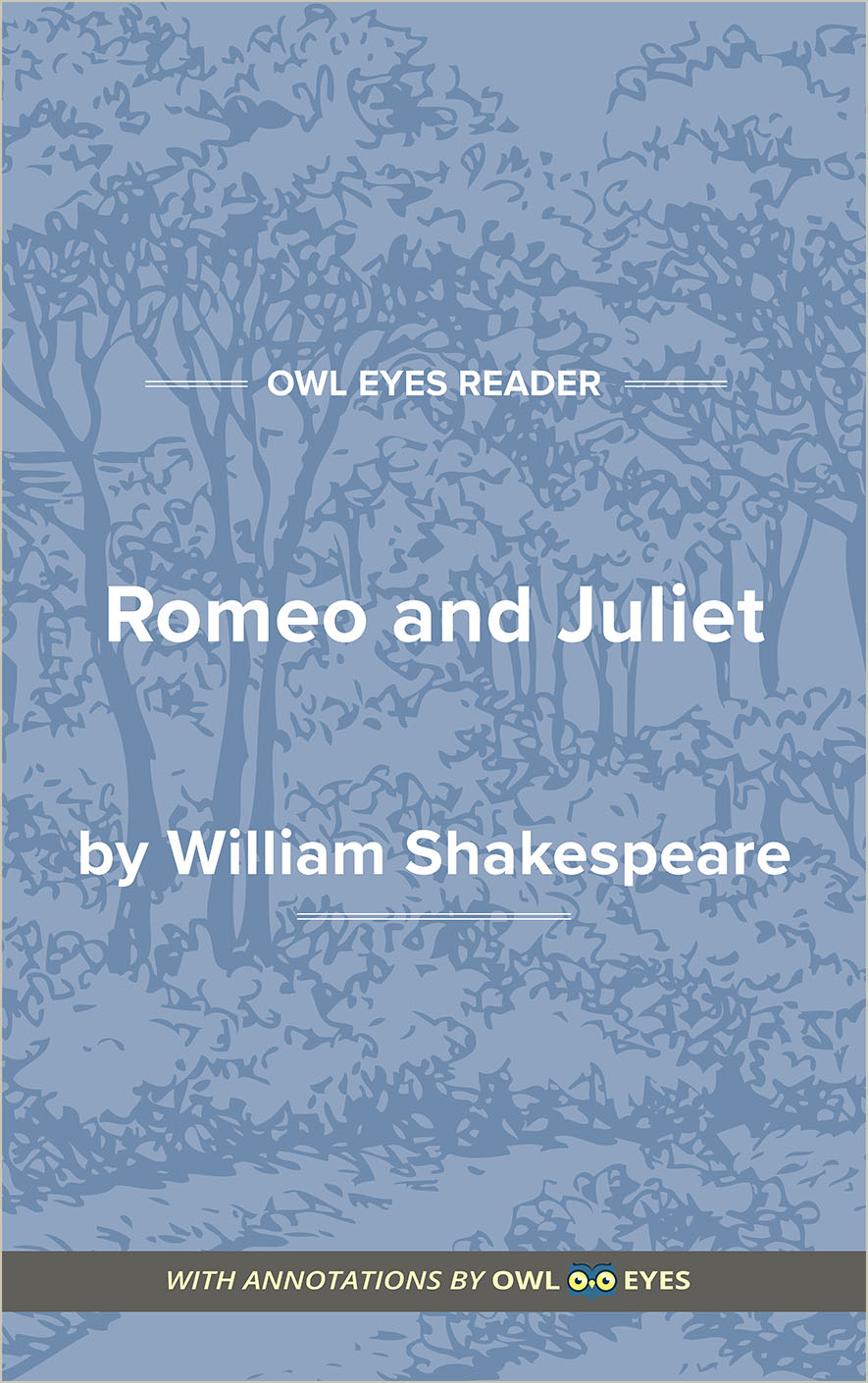Analysis Pages
Plot in Romeo and Juliet
Plot Examples in Romeo and Juliet:
Act I - Scene I
🔒"Clubs, bills, and partisans!..." See in text (Act I - Scene I)
"bite my thumb..." See in text (Act I - Scene I)
"maidenheads..." See in text (Act I - Scene I)
Act I - Scene II
🔒"My will to her consent is but a part...." See in text (Act I - Scene II)
"change of fourteen years;..." See in text (Act I - Scene II)
Act I - Scene III
🔒"already mothers..." See in text (Act I - Scene III)
Act II - Scene II
🔒"He ..." See in text (Act II - Scene II)
Act III - Scene II
🔒"Tybalt would have slain..." See in text (Act III - Scene II)
Act IV - Scene I
🔒"why it should be slow'd...." See in text (Act IV - Scene I)
Act IV - Scene III
🔒"Subtly..." See in text (Act IV - Scene III)

